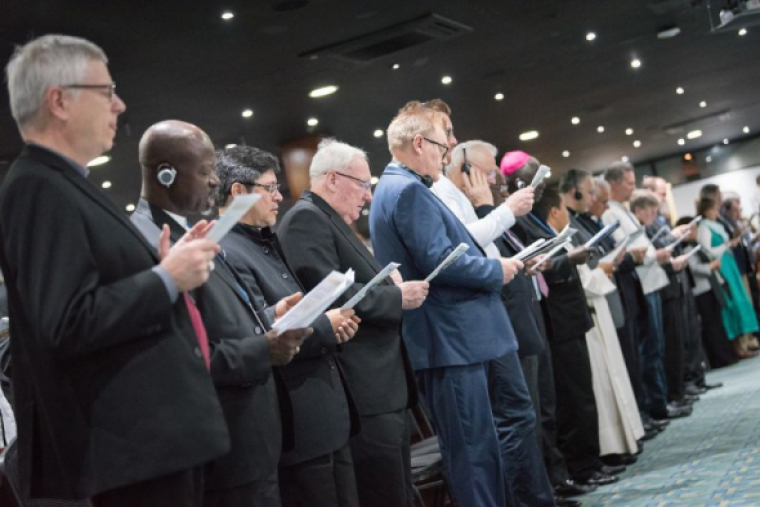12 Principles on Sharing Faith: When Christians Disagreed, It Took Them 5 Years to Produce This List

When a large inter-religious group of faith leaders came together years ago to come up with guidance about how believers should conduct themselves when ministering to others in a global context, they realized one major problem — the Christians were unable to agree even among themselves on what the rules should be.
Evangelicals, other Protestants, and Catholics had to sit down and, in an effort that took five years, pin down 12 essential principles they could all agree Christians everywhere should abide by.
Rosalee Velloso Ewell, executive director of the Theological Commission for the World Evangelical Alliance, who was part of the working group that put together the final document, told The Christian Post in a phone interview that the 12 principles are not a top-down approach, and they cannot guarantee that believers who abide by them will never face violence.
Still, she said that the principles are relevant today, at a time when Christian minorities in different parts of the world are rising and facing increased government persecution in the form of anti-conversion laws.
Besides her WEA work, Ewell is also the principal of Redcliffe College in Gloucester in the U.K., which focuses on post-graduate missions training.
She explained to CP that the college, which trains people in different ministries in the areas of leadership, witnessing, and cross-cultural missions, has its offices in the U.K., along with hubs in Australia and New Zealand.
Within the next year or so, it's also looking to expand to Southeast Asia, a region in which several nations have recently passed anti-conversion laws, making it harder for Christians to share their faith.
Ewell noted that all over the world, Christians are facing increased persecution.
"It's a huge challenge for those of us who are not in those contexts to really think deeply and consider what it means to be part of the same body," she said.
Given that major evangelistic groups, such as Compassion International, have been forced out of countries like India due to new anti-conversion laws, Ewell noted that Redcliffe always looks to set up hubs while adapting to each country's laws.
"We don't set up illegal training programs. Everything is done though accredited validation," she explained.
"That doesn't water down the content. It might be that potentially the program would be more difficult to run in parts of the world, but that's a risk that we're willing to take," she insisted.
With major challenges facing Christian ministries in Asia and other regions of the world, several years ago an inter-denominational effort led to a document titled "Christian Witness in a Multi-Religious World," which offers important guidelines to believers about how to conduct themselves when sharing their faith.
Ewell, as part of that working group, explained that the effort, at first meant to include several other religions as well, took several years to complete.
It was "quite an interesting process that took five to six years" before its final form was published in 2011, she said.
"In the initial conversations, it was clear that the Christians couldn't even agree between themselves about the ethical standards for mission. The non-Christians said, 'you guys need to go and sort things out for yourselves. You need a kind of common understanding,'" she recalled.
This is what led to representatives from different evangelical groups, including the WEA, along with the Roman Catholic Church to get together over several years before producing the seven-page document.
As the paper explains, it's not meant to be a theological statement, but looks to address practical issues associated with Christian witness.
The Pontifical Council for Interreligious Dialogue, the World Council of Churches, and the WEA agreed on 12 key principles that Christians are called to adhere to when seeking to fulfill Christ's commission.
1. "Acting in God's love."
"Christians believe that God is the source of all love and, accordingly, in their witness they are called to live lives of love and to love their neighbor as themselves (cf. Matthew 22:34-40; John 14:15)," the document declares.
Read more about 12 Principles on Sharing Faith on The Christian Post.